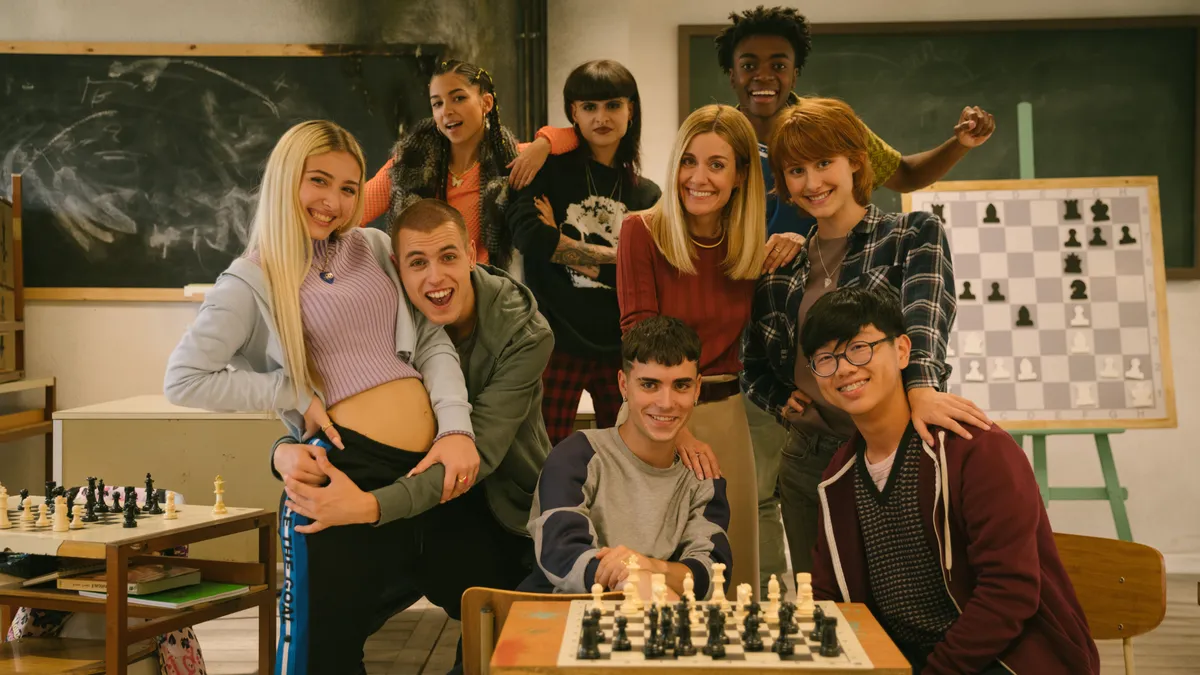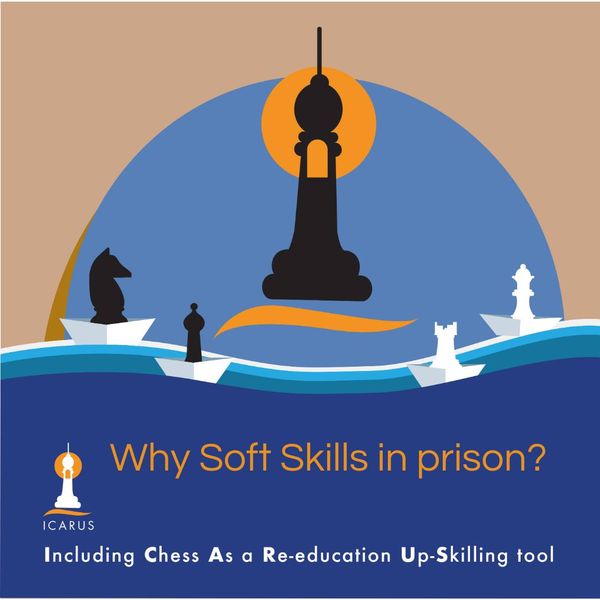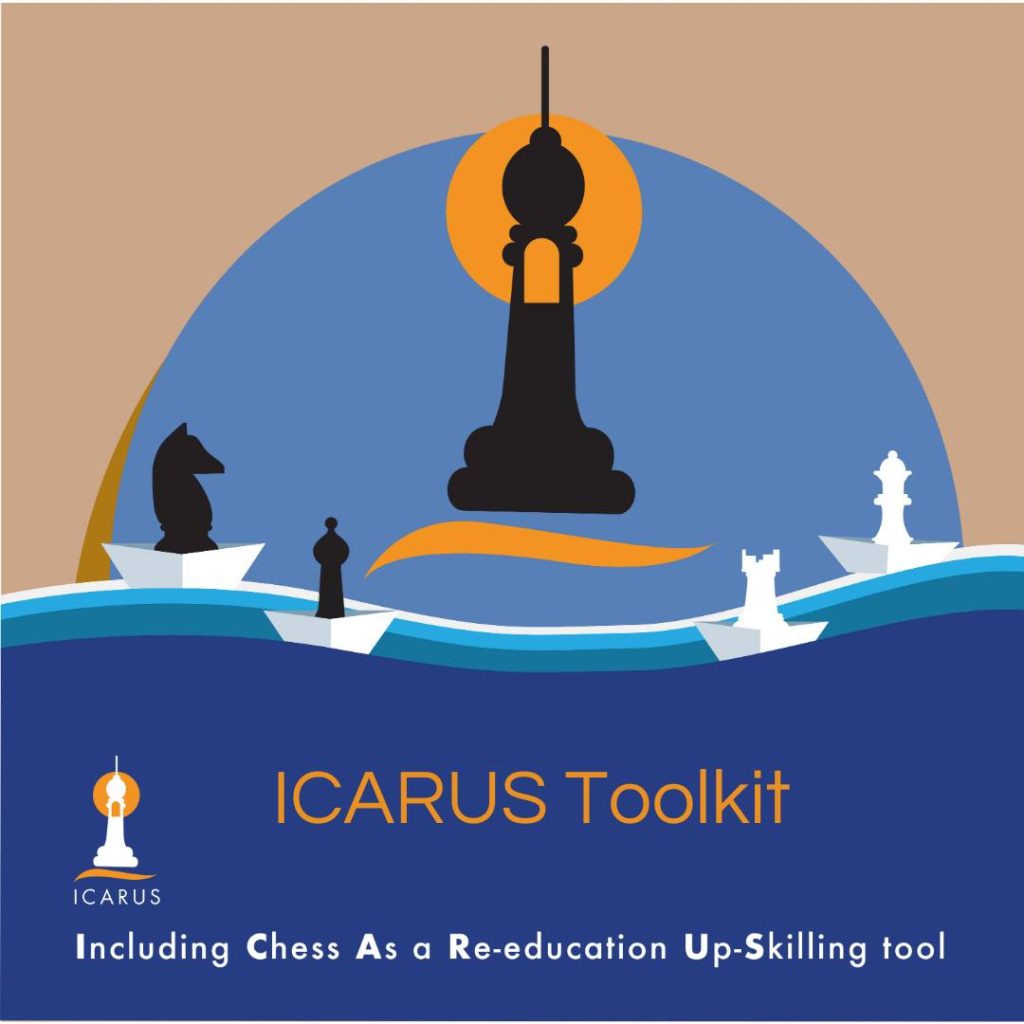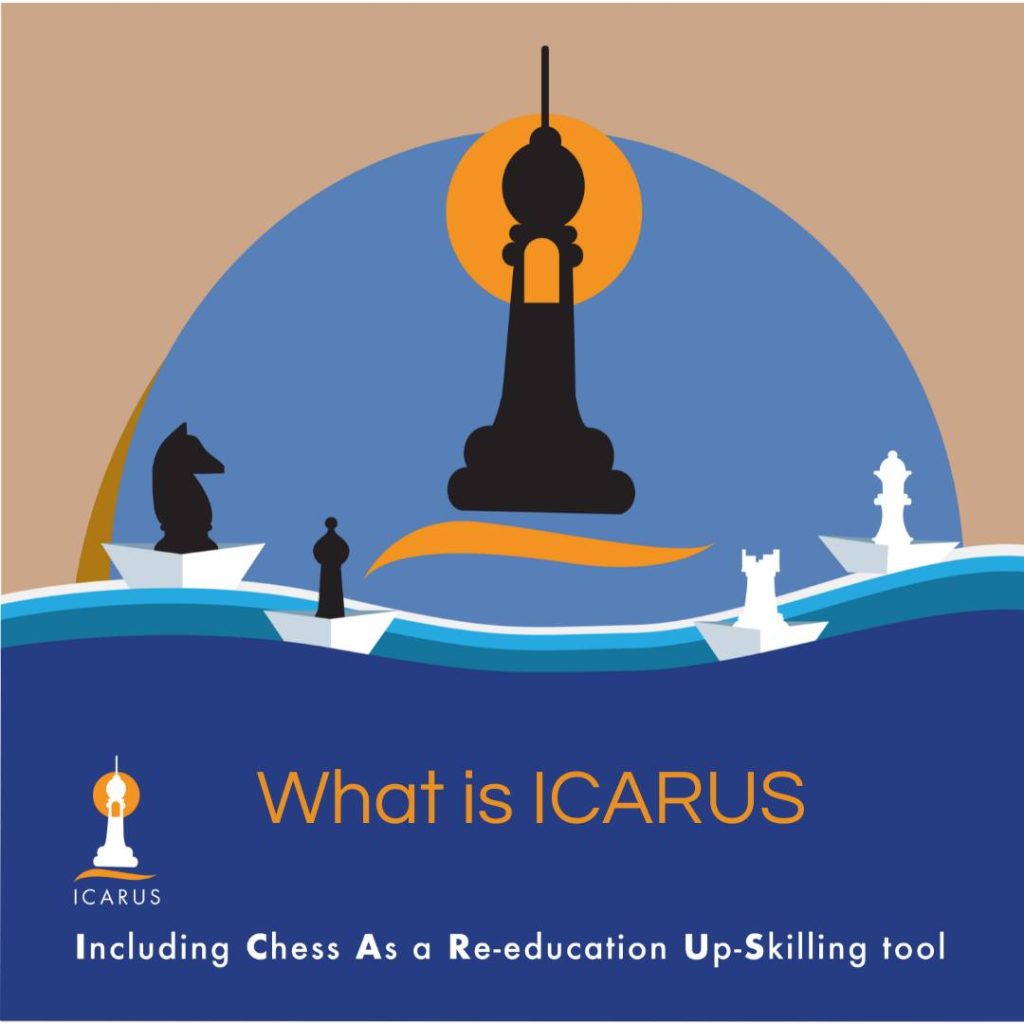‘We are all equal in front of a chessboard’. That is the leitmotiv of ‘Menudas Piezas’ (‘Checkmates’ in English), a Spanish film from 2024 that has become a hit and which, based on a true story, highlights the power of chess as an element of social integration.
The film’s protagonist is Candela, who mistakenly believed that the social ladder only went in one direction: upwards. Now, after a traumatic and unexpected divorce, she loses her job at an elite public school and finds herself back in the neighbourhood she left behind, forced to turn to her family for help. The time has come to put her pieces back on the board and start over, hoping to find that second chance. She is offered the chance to return to her old school and teach socially marginalised children. Candela goes from being the cream of the crop to the cream of mediocrity. However, when she sees that a group of losers can become national chess champions, she realises that what matters is not who you were, but who you are today. In chess, as in life, it doesn’t matter whether you are a king or a pawn. When the game is over, everyone goes back to the same square.
In Spanish the film is called "Menudas Piezas", which plays with the double sense of the words. The translation would be "What pieces!", because in Spanish, when you call someone "pieza" it means that he/she is a disaster, a loser, a rolling stone, but at the same time "pieza" is a chess piece.
The film is a hymn to the integrating power of chess as a school of life, a generator of values, a developer of basic skills for everyday life and, above all, a weapon to improve people’s self-esteem, even in the most complicated social contexts. A boy with alcoholism problems in his family, an immigrant, a young woman with relationship problems, a pregnant teenager? Young misfits abandoned by the system are rescued by chess and by a teacher who believes in them and in their ability to change their own destiny through our sport.
In the end, the film has a happy ending… but the most important thing is that it is based on a real event based on the experience of Enrique Sánchez, a retired teacher who wrote a beautiful story at the Marcos Frechín School in Zaragoza, where he arrived in 1982. After 42 years, he is still teaching chess to his students, as he did to that group with which he managed to be runner-up in Spain on two occasions and champion in 2014. ‘On the chessboard, we are all equal’, he explained in an interview with Diario ABC.
It wasn’t easy for the boys to look the same in front of their rivals. The neighbourhood, located in a working-class area of the city, did not make things easy for the boys. Most of them thought their future was hopeless, despite their desire. ‘In that neighbourhood there are no aspirations. Very few used to go to secondary school after compulsory education. It is an area that has aged and many immigrants and people who come from the villages have arrived’, says Enrique to talk about a difficult environment, but in which the passion for chess made several generations of children believe in their possibilities.





